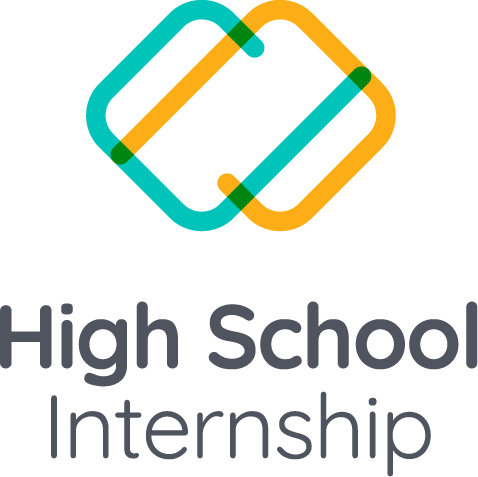Artificial Intelligence (AI) is revolutionizing various sectors, and education is no exception. By leveraging AI, educators and institutions can enhance learning experiences, personalize education, and improve administrative processes. The possibilities seem endless, but where do we begin? In this blog post, we will explore practical ways to harness AI in education and unlock its true potential.
Embrace Adaptive Learning
One of the most exciting applications of AI in education is adaptive learning. Adaptive learning platforms utilize AI algorithms to tailor educational content and activities to individual students’ needs. By analyzing data on students’ strengths, weaknesses, and learning patterns, AI can deliver personalized learning experiences, ensuring that students receive the r犀利士 ight content at the right time.
Educators can integrate adaptive learning platforms into their classrooms to provide targeted instruction, identify knowledge gaps, and offer immediate feedback. These platforms empower students to learn at their own pace and engage with content that is most relevant to their learning objectives.
Intelligent Tutoring Systems
AI-powered intelligent tutoring systems (ITS) have the potential to revolutionize the way students receive personalized support. These systems can simulate human tutors by analyzing student responses, identifying misconceptions, and providing tailored feedback. ITS can adapt their instruction based on the learner’s performance, ensuring a customized learning experience.
Integrating intelligent tutoring systems into the education ecosystem can be transformative. They enable students to receive individualized guidance, reinforce concepts, and address specific learning challenges. By supplementing traditional instruction with AI-powered tutoring, educators can provide a more comprehensive and effective learning environment.
Streamlining Administrative Tasks
Educators often spend a significant amount of time on administrative tasks, such as grading assignments, scheduling, and record-keeping. AI can help automate these processes, freeing up valuable time for educators to focus on instruction and student engagement.
AI-powered grading systems can analyze student work and provide instant feedback, saving hours of manual grading. Automated scheduling algorithms can optimize timetables and course assignments, minimizing conflicts and maximizing efficiency. Additionally, AI can assist in managing student records, generating reports, and streamlining administrative workflows.
By leveraging AI in administrative tasks, educators can allocate their time more effectively, leading to improved productivity and a better learning experience for students.
Intelligent Content Creation
AI can also play a crucial role in content creation. Educational materials, such as textbooks and online resources, can be enhanced with AI technologies to provide more interactive and engaging experiences for learners.
For instance, AI-powered virtual reality (VR) and augmented reality (AR) tools can create immersive learning environments, allowing students to explore complex concepts in a hands-on manner. Natural language processing algorithms can generate interactive quizzes and exercises to reinforce learning.
Educators and instructional designers can leverage AI tools to create and curate content that aligns with students’ needs and preferences. By incorporating AI into content creation, educators can foster creativity, critical thinking, and engagement in the learning process.
Ethical Considerations
As we explore AI in education, it is vital to address ethical considerations. Transparency, fairness, and data privacy should be at the forefront of AI implementations in educational settings. Educators and institutions must ensure that AI systems are unbiased, protect student privacy, and maintain data security.
Furthermore, AI should not replace human interaction and personalized support. It is crucial to strike a balance between AI-powered solutions and the essential role of teachers in guiding and mentoring students.
AI has immense potential to transform education by personalizing learning experiences, automating administrative tasks, and enhancing content creation. By embracing adaptive learning, intelligent tutoring systems, and AI-powered administrative tools, educators can unlock the full potential of AI in education. However, ethical considerations must be taken into account to ensure fairness, transparency, and student

